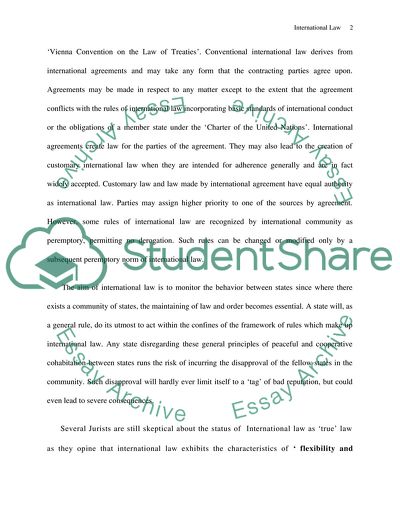Cite this document
(“International Law - Refer to Order Instructions Essay”, n.d.)
Retrieved from https://studentshare.org/law/1542653-international-law-refer-to-order-instructions
Retrieved from https://studentshare.org/law/1542653-international-law-refer-to-order-instructions
(International Law - Refer to Order Instructions Essay)
https://studentshare.org/law/1542653-international-law-refer-to-order-instructions.
https://studentshare.org/law/1542653-international-law-refer-to-order-instructions.
“International Law - Refer to Order Instructions Essay”, n.d. https://studentshare.org/law/1542653-international-law-refer-to-order-instructions.


